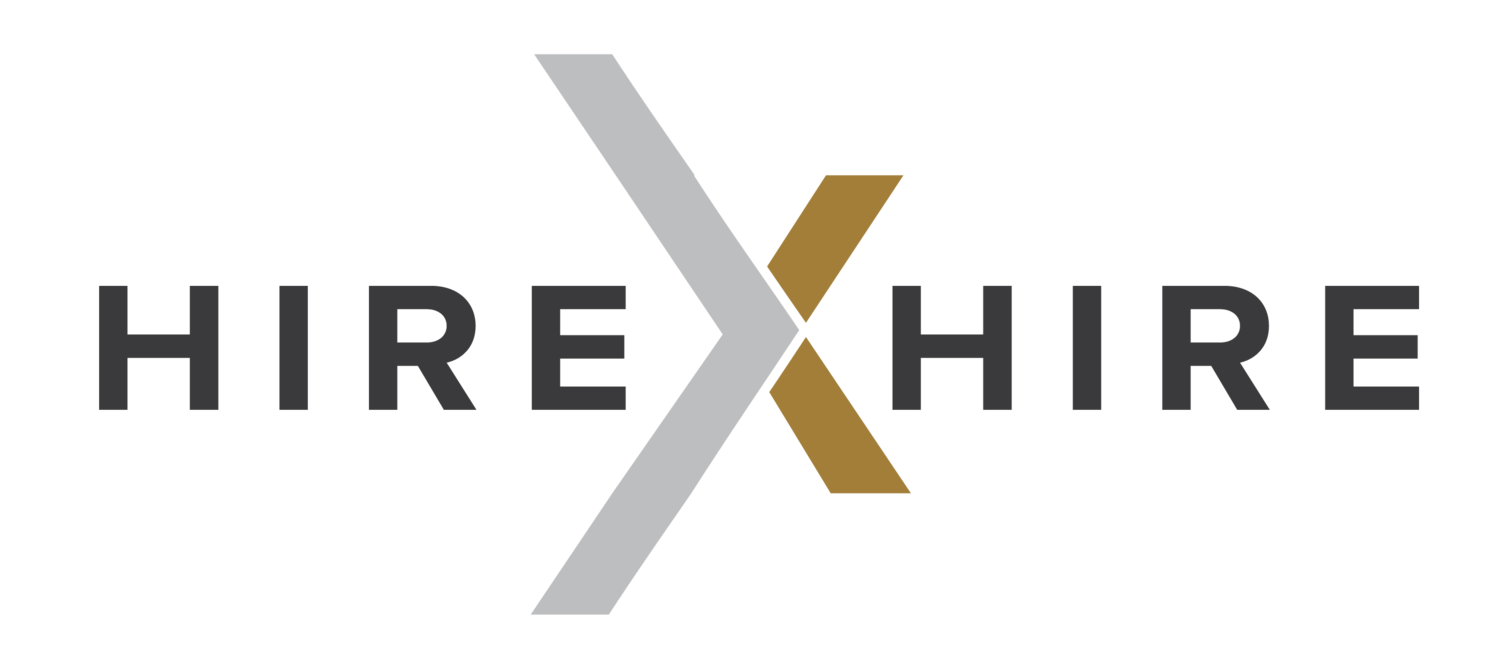HirexFire: Selling Your Experience
H I R E ╳ F I R E
You can learn a lot by witnessing what NOT to do in interviews and throughout the recruiting process at large. We’ve pulled together a few cringe-worthy scenes with life advice to interview and be interviewed better than some of Hollywood’s best.
A Lesson From The Wedding Singer on
How NOT to Sell Your Experience
Robbie, an ex-wedding singer, falls flat (to put it nicely) during a job interview when asked about his past experience.
“NO, SIR. I HAVE NO EXPERIENCE, BUT I’M A BIG FAN OF MONEY.”
Robbie has a wealth of entertainment skills, which are not obviously transferable to the role he is applying for in finance. Rather than elaborating on what he can bring to the table, he candidly explains his main motivation for applying: money.
TO THE EMPLOYER:
This hiring manager leads with, “Do you have any experience?” You should never be surprised by the candidate’s response to this question during an in-person interview! You should already know. There are plenty of opportunities to grasp even a baseline understanding of the candidate’s competencies before they step into your office.
We challenge you to think about the real consequences you drum up by not appropriately pre-screening.
Your co-worker greets the candidate at the door, offers a beverage while they wait, and then shows them to your office. Say this takes … 5 minutes. You and the candidate exchange polite greetings and banter before jumping into the conversation. This could take 3 minutes.
Your first basic question disqualifies the candidate, and now you need to call the meeting to a close graciously. This could take another 5 plus minutes. Once you say goodbye to the candidate and have a debrief with your hiring team, you are looking at 20 to 30 minutes of your day wasted.
At a minimum, read through the resume. This takes 2 minutes and saves you that ten times over. If you want to optimize your team’s time, you should have a proven process to pre-screen any candidate you invite for an in-person interview. There are so many technologies and partner resources, templates, and best practices to ensure this #HirexFire hiring dumpster fire never happens to you.
TIME IS NON-RENEWABLE. DO NOT WASTE IT.
TO THE CANDIDATE:
In this dumpster fire, the candidate grabs the wheel of the conversation and steers head-on into money talk. “That’s gonna be a no from me, dog,” says anyone who’s conducting your interview…
Never open the conversation with compensation. You need to warm up the opportunity, make your case for why you are a great choice, and make the employer feel like they need to have you on their team before you prompt any money discussion.
It is OKAY that Robbie was upfront and honest about his experience and motivations. Still, there is a much more tasteful way he could have been truthful while explaining his experience in a more favorable light.
Key takeaways that Robbie would have benefited from:
Always assume you will be asked about your experience.
Research the role you are applying for and extract specific experiences and skills to add value to the open job. Back-pocket a few great stories.
Example: Robbie could have mentioned how he is a self-employed performer who has managed his book of business at a profit for an extended period of time.
Come prepared with some relevant human experience. You can pull from many avenues of life—schooling, volunteering, hobbies—to prove you have what it takes to succeed in a position.
Make sure that you are answering the question that you are being asked. Don’t grab the conversation to make your point first. Listen. And then respond. You will get the floor at the end of the meeting to share any information that was not already covered.
We know money is important, but discussions about pay should be left until later in the interview process and are usually prompted by the hiring manager.
If you insist upon bringing up salary in the first conversation, here are a few things to keep in mind:
Be self-aware about your skill sets and experiences. What can you contribute to the role you are applying for?
Get educated on your market value. How does that compare to the market value?
HXH BOTTOM LINE
– Don’t Wing It –
The employer needs to do their due diligence to bring in the right candidates by building a qualified talent pipeline and pre-screening the candidate before an in-person interview.
The candidate needs to properly prepare for the interview out of respect for each party involved. Proper preparation will save everyone time in the end.

